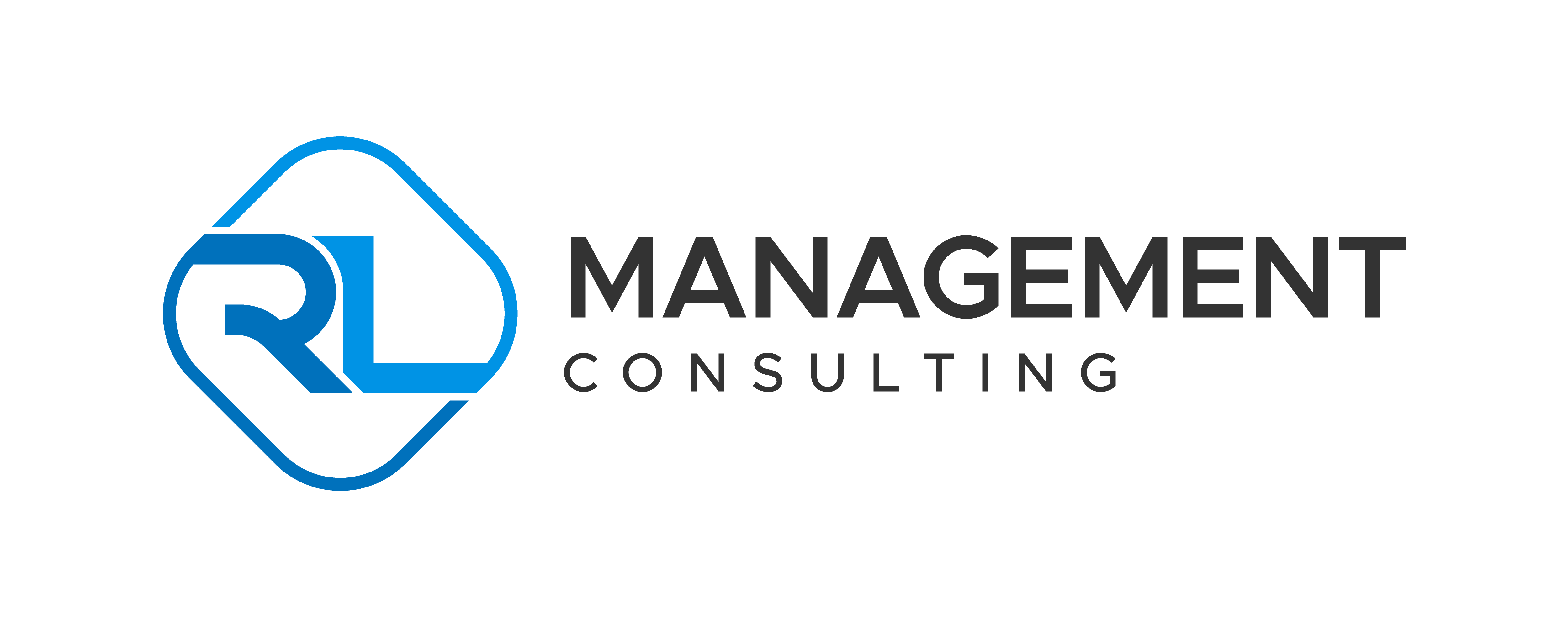The gig economy is rapidly expanding, and businesses need to prepare for its implications. In the current environment of elevated inflation and tight labor markets, gig workers arguably have more power than ever before. While official government figures provide some insight into the extent of gig economy activity, it is likely that many workers in this sector are not captured by these statistics.
The gig economy is not just limited to low-skill jobs or food delivery services. Professional sectors like programming, design, writing, and consulting are also seeing the gig economy take hold. As the demand for flexible work arrangements and remote work increases, businesses need to develop effective operating models that incorporate gig workers while ensuring compliance with labor laws.
Businesses that embrace the gig economy can reap numerous benefits, including the opportunity to attract and retain top talent, access to diverse perspectives and expertise, and greater flexibility in their cost base. However, there are also challenges that come with managing gig workers, such as compliance with labor laws and the need to provide competitive compensation and benefits.
To prepare for the further expansion of the gig economy, business leaders should consider the following tips:
- Embrace flexibility: Offering flexible work arrangements can help businesses attract and retain top talent. This can include remote work options, flexible hours, and project-based work.
- Offer competitive compensation and benefits: Gig workers have more power in negotiations than ever before, and businesses need to offer competitive compensation and benefits to attract top talent.
- Develop effective operating models: To incorporate gig workers effectively, businesses need to design operating models that are agile, scalable, and compliant with labor laws. This may require partnering with experts in HR consulting, risk management, and interim management.
- Leverage technology: Technology can play a significant role in managing gig workers, from remote collaboration tools to time tracking and project management software.
- Stay up to date with labor laws: As the gig economy grows and evolves, so do labor laws. Businesses need to stay up to date with the latest regulations to ensure compliance and avoid legal risks.
At RL Management Consulting, we can help your business navigate the challenges and opportunities of the gig economy. Our team of experts can provide guidance on HR consulting, risk management, and interim management to help you attract and retain top talent, design effective operating models, and leverage technology to support a distributed workforce.
By embracing the gig economy and preparing for its further expansion, businesses can position themselves for success in the ever-changing labor market. Contact us today to learn more about how RL Management Consulting can help your business thrive in the expanding gig economy.

